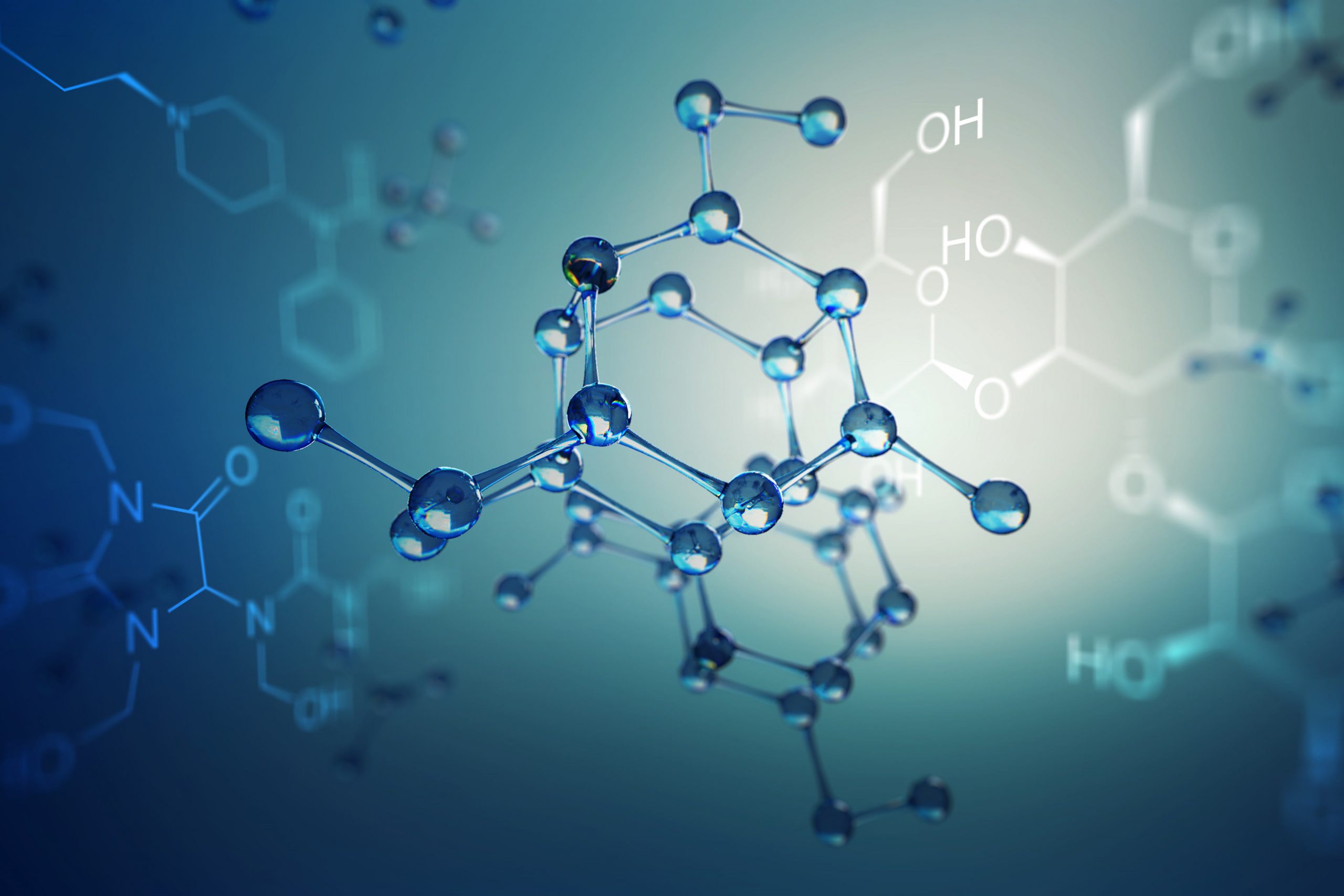In today's world, the fields of chemistry and biology play pivotal roles in various industries, ranging from healthcare and agriculture to defense and environmental protection. Understanding the differences between chemical agents and biological agents is crucial for professionals in these industries. This article aims to provide a comprehensive and insightful analysis of the distinctions between these two types of agents, shedding light on their characteristics, applications, and implications.
- Defining Chemical Agents:
Chemical agents refer to substances or compounds that are artificially synthesized or occur naturally and have distinct chemical properties. They can be inorganic or organic and are typically used for their physical or chemical properties. Chemical agents are extensively employed in industries such as pharmaceuticals, manufacturing, and agriculture.
1.1 Characteristics of Chemical Agents:
- Chemical agents are composed of molecules with specific chemical structures.
- They can be solid, liquid, or gaseous, depending on their physical properties.
- Chemical agents often undergo chemical reactions, leading to the formation of new substances.
- They can be toxic, corrosive, flammable, or explosive, requiring careful handling and storage.
1.2 Applications of Chemical Agents:
- Pharmaceuticals: Chemical agents are crucial in drug discovery, synthesis, and formulation.
- Manufacturing: They are used in various industrial processes, such as refining, polymer production, and material synthesis.
- Agriculture: Chemical agents, such as fertilizers and pesticides, aid in crop growth and protection.
- Energy: Chemical agents play a role in energy production, including fuel combustion and battery technology.
- Understanding Biological Agents:
Biological agents, on the other hand, encompass living organisms or their byproducts that can cause disease, infection, or other harmful effects. These agents can be bacteria, viruses, fungi, toxins, or other biological materials. Biological agents find applications in healthcare, biotechnology, and research.
2.1 Characteristics of Biological Agents:
- Biological agents are living organisms or derived from them, possessing genetic material.
- They can reproduce, mutate, and evolve, leading to changes in their characteristics.
- Biological agents can cause infectious diseases or be used for beneficial purposes, such as vaccines or bioremediation.
- They often interact with specific receptors or targets in the host organism.
2.2 Applications of Biological Agents:
- Healthcare: Biological agents are utilized in diagnostics, vaccines, antibiotics, and gene therapies.
- Biotechnology: They play a crucial role in genetic engineering, bioprocessing, and biofuel production.
- Research: Biological agents are studied to understand disease mechanisms, develop new treatments, and explore evolutionary biology.
- Differentiating Chemical Agents from Biological Agents:
While both chemical and biological agents have distinct characteristics and applications, differentiating between them is essential for safety, regulatory compliance, and effective utilization.
3.1 Safety Considerations:
- Chemical agents may have immediate toxic effects, while biological agents can cause infections with delayed onset.
- Chemical agents often have defined exposure limits, while biological agents may require specific containment measures.
- Chemical agents can be neutralized or degraded using chemical processes, while biological agents may require specialized treatments or disinfection methods.
3.2 Regulatory Aspects:
- Chemical agents are regulated by agencies such as the Environmental Protection Agency (EPA) and the Food and Drug Administration (FDA).
- Biological agents are governed by organizations like the Centers for Disease Control and Prevention (CDC) and the World Health Organization (WHO).
3.3 Utilization and Impact:
- Chemical agents are primarily used for their physical or chemical properties, while biological agents are employed for their biological activities.
- Chemical agents may have immediate and direct effects, while biological agents can have long-term implications and affect ecosystems.
Conclusion:
Understanding the distinctions between chemical agents and biological agents is crucial for professionals across various industries. Chemical agents are synthetic or naturally occurring substances with distinct chemical properties, while biological agents encompass living organisms or their byproducts. By comprehending their characteristics, applications, and implications, professionals can ensure safety, regulatory compliance, and effective utilization in their respective fields. Embracing the potential of both chemical and biological agents will continue to drive advancements in industries, benefiting society as a whole.

